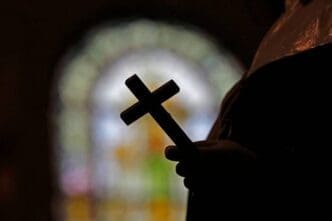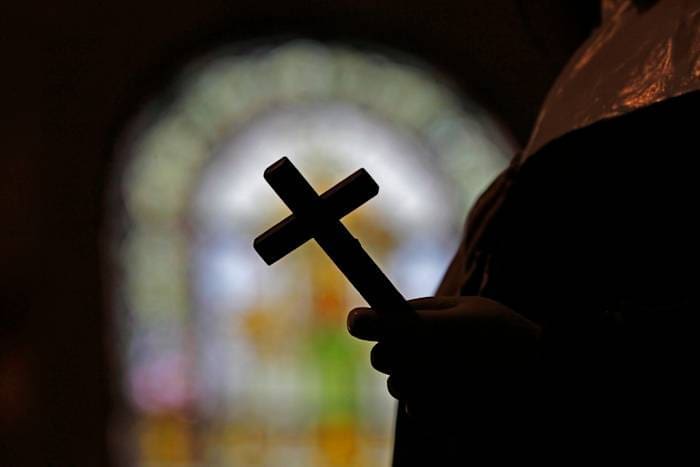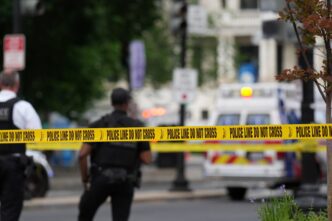In a case that has drawn national attention, a former Catholic priest from New Orleans has been sentenced to life in prison for crimes he committed decades ago. At 93 years old, Lawrence Hecker was convicted for the rape of a teenage boy in the 1970s, culminating years of allegations and trials related to abuse within the church.
Lawrence Hecker, once an ordained priest, pleaded guilty to charges that include first-degree rape and aggravated kidnapping. His admission came just as jury selection for his trial was set to commence. This sentencing marks a significant moment as the Archdiocese of New Orleans continues to navigate numerous sexual abuse lawsuits, reflecting long-standing concerns about the church’s handling of predatory behavior among its clergy.
The incident involving Hecker began, according to victim testimonies, with what appeared to be innocuous wrestling lessons prior to a school team tryout in the mid-1970s. However, these sessions took a dark turn, with Hecker abusing his position of trust to perpetrate sexual violence. ‘I tried to get up. I pulled up,’ the survivor recounted, emphasizing the unexpected nature of the attack.
Despite reporting the incident to both his parents and church officials, the victim was met with threats of expulsion and subjected to a psychiatric evaluation, highlighting the systemic failure to address clergy misconduct during that period. Other witnesses were also prepared to testify against Hecker, contributing impact statements that underscored the breadth of his offenses.
Hecker’s troubling history includes his own acknowledgment of misconduct and documented complaints of child molestation dating back to the late 1980s. Although Hecker left the ministry in 2002, questions about his mental competence delayed legal proceedings for months, further postponing justice for his victims.
One of Hecker’s other victims, Aaron Hebert, has been vocal about his experience in the late 1960s, when Hecker allegedly abused him and his classmates under the guise of conducting hernia examinations. The public nature of Hebert’s account adds weight to the mounting evidence against Hecker.
Comments from New Orleans Archbishop Gregory Aymond express a desire for survivors to find peace in the sentencing, yet some, including attorney Richard Trahant, contest the sincerity of such institutional apologies. Trahant criticized Aymond for what he described as a lack of genuine support for the victims.
This case is set against a backdrop of the Archdiocese of New Orleans’ bankruptcy proceedings, a situation driven by widespread allegations of abuse and a significant number of lawsuits. The church’s financial struggles parallel the moral and ethical crises arising from these cases of misconduct.
The life sentence handed to Lawrence Hecker signifies a measure of justice long delayed but ultimately achieved. As survivors and advocates continue to push for accountability, this case serves as a stark reminder of the enduring impact of clerical abuse and the need for systemic change within institutions entrusted with community trust and safety.
Source: News4jax







